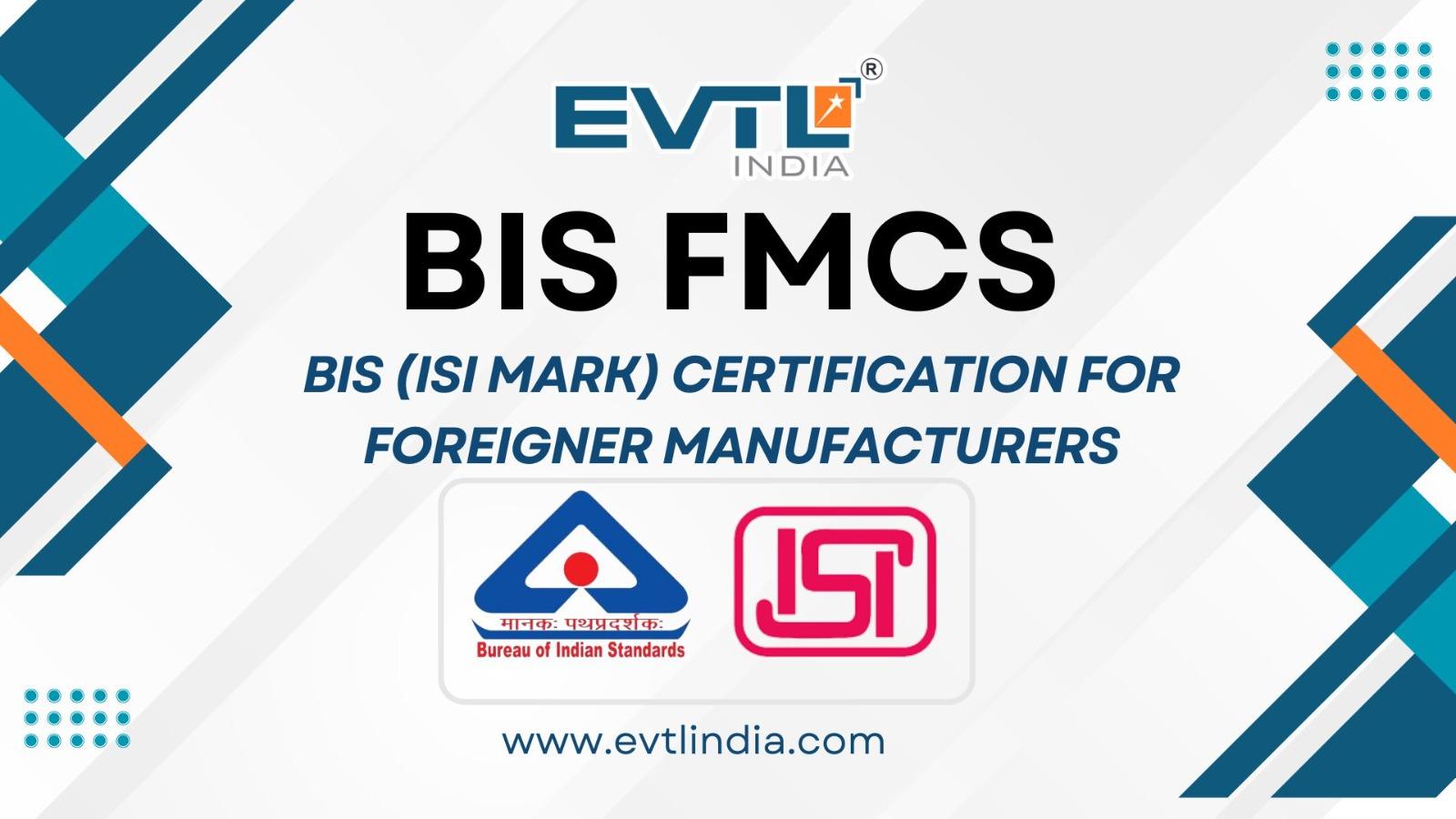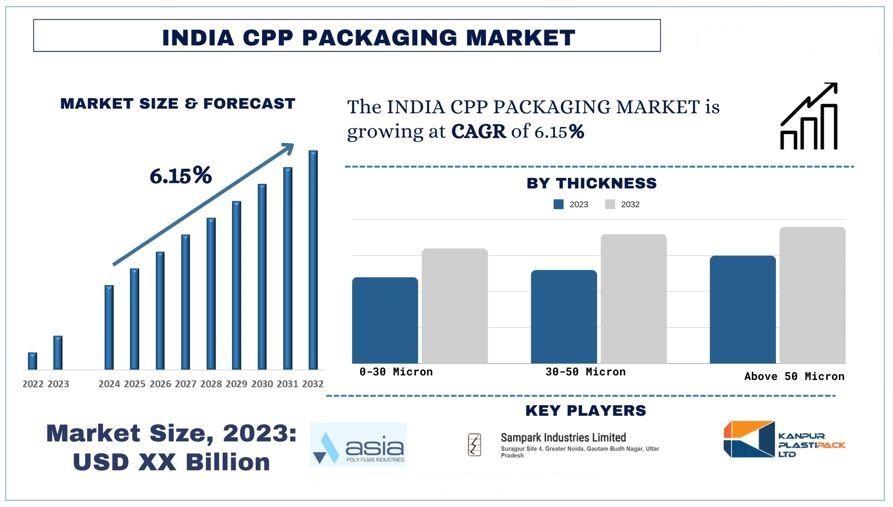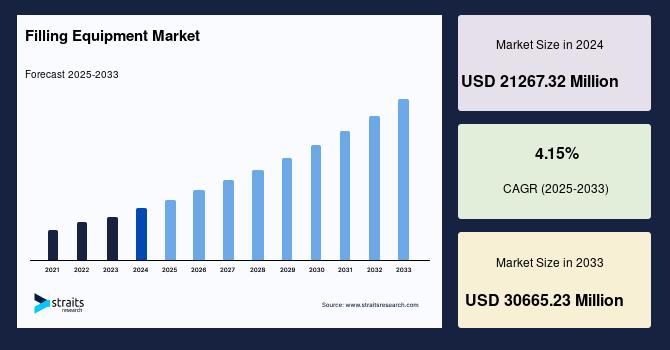BIS FMCS Certification: A Complete Guide for Foreign Manufacturers

India is one of the fastest-growing markets in the world, attracting global manufacturers in diverse sectors such as electronics, chemicals, construction materials, and industrial goods. To safeguard consumer safety and ensure product quality, the Bureau of Indian Standards (BIS) has implemented stringent regulations. Among them, the Foreign Manufacturers Certification Scheme (FMCS) plays a vital role. Popularly known as BIS FMCS Certification, it provides foreign manufacturers with legal approval to sell their products in India under the ISI Mark.
This blog explores everything you need to know about BIS FMCS Certification, its benefits, process, and why partnering with a Top BIS FMCS Consultant is essential for smooth compliance.
What is BIS FMCS Certification?
The Foreign Manufacturers Certification Scheme (FMCS) is a mandatory certification program introduced by the Bureau of Indian Standards (BIS) under the BIS Act, 2016. It allows foreign manufacturers to use the ISI Mark on their products, ensuring that they meet Indian quality and safety standards.
Products covered under FMCS include:
-
Electrical and electronic goods
-
Steel and alloy products
-
Chemicals and fertilizers
-
Cement, building materials, and more
Without BIS FMCS Certification, foreign manufacturers cannot legally market or sell regulated products in India.
Importance of BIS FMCS Certification for Foreign Manufacturers
For international businesses, entering the Indian market is a significant growth opportunity. However, compliance with Indian standards is not optional—it is a legal requirement. The certification ensures:
-
Market Access: Only BIS-certified products are allowed for sale in India under notified categories.
-
Consumer Trust: ISI Mark assures customers that the product is tested and safe.
-
Legal Compliance: Non-certified imports can face penalties, rejection at customs, or even a ban.
-
Competitive Edge: Certified products stand out in a competitive marketplace.
Thus, BIS Certification for Foreign Manufacturers not only fulfills compliance but also strengthens credibility in India.
Step-by-Step Process of BIS FMCS Certification
Foreign manufacturers must follow a systematic procedure to obtain certification. The process involves multiple stages of documentation, factory inspection, and testing.
1. Application Submission
-
The manufacturer applies to BIS through the prescribed forms.
-
Documents like company registration, manufacturing details, product specifications, and quality manuals are submitted.
2. Appointment of Authorized Indian Representative (AIR)
-
Since BIS operates under Indian jurisdiction, a foreign manufacturer must appoint an Authorized Indian Representative (AIR).
-
The AIR acts as a liaison between BIS and the manufacturer.
3. Factory Audit by BIS Officer
-
BIS officials visit the overseas factory to assess manufacturing facilities, quality control systems, and product testing capabilities.
-
The audit ensures that the factory can consistently produce as per Indian Standards.
4. Product Sample Testing
-
Samples are drawn during the factory inspection.
-
These are tested at BIS-recognized laboratories to confirm compliance.
5. Grant of BIS FMCS License
-
Upon successful inspection and test approval, BIS grants the license.
-
The manufacturer can then use the ISI Mark on certified products.
6. Renewal and Surveillance
-
The license is valid for one or two years (depending on terms).
-
BIS conducts periodic surveillance audits and market checks to ensure ongoing compliance.
Challenges Faced by Foreign Manufacturers
Although the process is clear, international companies often face challenges like:
-
Complex paperwork and documentation requirements.
-
Difficulty in understanding Indian standards and legal terms.
-
High costs and delays if documents are incomplete.
-
Communication gaps with BIS authorities.
-
Language and cultural differences during audits.
This is where a Top BIS FMCS Consultant becomes essential.
Role of a Top BIS FMCS Consultant
Engaging with an experienced BIS FMCS Consultant simplifies the certification journey. A consultant provides end-to-end support including:
-
Pre-assessment of Product and Standards: Identifying applicable Indian Standards for the product.
-
Documentation Support: Preparing and verifying all required documents.
-
Coordination with BIS: Handling communication with BIS and ensuring a smooth approval process.
-
Audit Preparation: Guiding manufacturers in preparing their facilities for inspection.
-
Testing Assistance: Managing the sampling and testing process with accredited labs.
-
Timely Renewal: Ensuring the license remains valid with proactive renewal support.
A Top BIS FMCS Consultant not only saves time and cost but also eliminates the risk of rejection due to compliance errors.
Benefits of BIS FMCS Certification
For foreign manufacturers, the certification brings multiple advantages:
-
Access to a Large Market: India’s demand for industrial and consumer goods continues to grow.
-
Enhanced Brand Reputation: The ISI mark adds reliability and trust.
-
Reduced Risk of Import Issues: Customs clearance becomes smoother with certified products.
-
Long-term Business Growth: Continuous compliance ensures sustainable operations in India.
Conclusion
EVTL India is one of the leading BIS Consultant in India, helping manufacturers obtain their BIS licences hassle-free. The BIS FMCS Certification is more than just a regulatory requirement—it is a gateway for foreign manufacturers to establish a strong presence in the Indian market. While the process involves rigorous steps like documentation, audits, and testing, the benefits far outweigh the challenges.
For smooth navigation, partnering with a Top BIS FMCS Consultant ensures accuracy, timely approval, and hassle-free compliance. As India continues to enforce stricter quality norms, obtaining BIS Certification for Foreign Manufacturers is not just necessary but also a strategic move for long-term success.








